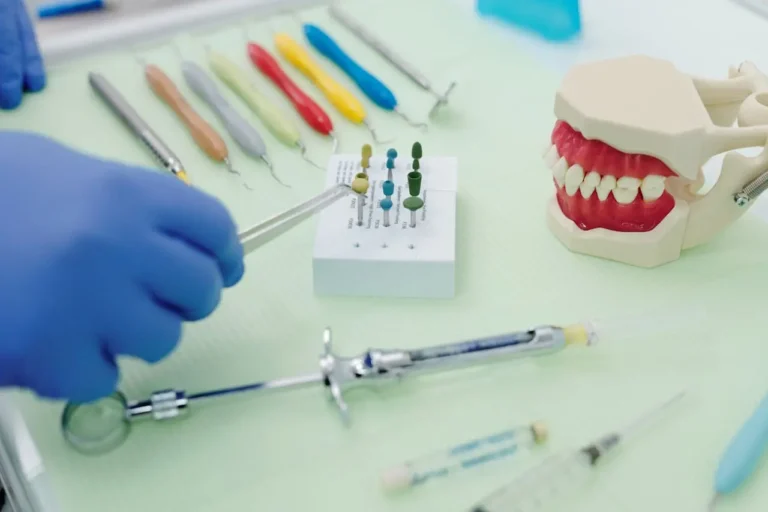
Transplant of Genetically Engineered Porcine Kidney Successfully Performed in Second Patient by eGenesis
eGenesis, a biotechnology firm focused on developing human-compatible engineered organs to help alleviate the global organ shortage, has announced the successful transplantation of a genetically engineered porcine kidney into a second patient suffering from end-stage kidney disease.
eGenesis, a biotechnology company dedicated to solving the global organ shortage by developing human-compatible engineered organs, announced the successful transplantation of a genetically engineered porcine kidney into a second patient with end-stage kidney disease. This groundbreaking procedure was performed on January 25, 2025, by surgeons at the Mass General Transplant Center under the U.S. Food & Drug Administration (FDA)-authorized Expanded Access pathway, as part of a multi-patient study. This is the second transplant in a clinical trial involving genetically engineered porcine organs, following a historic first transplant in March 2024.

The recipient, 66-year-old Tim Andrews, had been living with end-stage kidney disease (ESKD) and relying on dialysis for more than two years. The process of dialysis, which is necessary for patients with kidney failure, had significantly impacted his quality of life. Andrews reported feeling constantly fatigued and unable to keep up with his usual activities. Moreover, dialysis posed additional health challenges, including a heart attack in July 2023.
Andrews’ kidney failure was further complicated by his O-blood type, a factor that significantly prolonged his wait for a transplant. While most kidney transplant patients wait three to five years, those with an O-positive or O-negative blood type can expect to wait five to ten years, drastically reducing their chances of receiving a suitable donor organ.
Given Andrews’ age and other health factors, his probability of receiving a human kidney transplant within the next five years was just 9%. On the other hand, there was a 49% chance that he would be removed from the transplant list due to illness or death within that same period. The decision to undergo the genetically engineered porcine kidney transplant marked a pivotal moment in his treatment. After the successful transplant, Andrews was discharged from Massachusetts General Hospital on February 1, 2025. He is now recovering without the need for dialysis for the first time in over two years, with his new kidney functioning as expected.
Reflecting on the success of the procedure, Andrews expressed his gratitude, stating, “As soon as I woke up after the surgery, the cloud of dialysis disappeared. I felt re-energized and revitalized. It was a miracle. The magnitude of what these doctors and nurses accomplished is unbelievable and I want to thank them for giving me a new lease on life.” He continued, “But this transplant isn’t about me. It’s about all the people I met at the dialysis clinic. I want to inspire them to never give up hope because that’s what this transplant provides—a glimmer of hope.”
The donor kidney used in this procedure, EGEN-2784, is eGenesis’ lead candidate for kidney transplantation. It carries three classes of genetic modifications designed to improve compatibility and support long-term function in human recipients. The modifications include:
- Elimination of three glycan antigens to prevent hyperacute immune rejection.
- Insertion of seven human transgenes to regulate immune response, reduce inflammation, improve coagulation compatibility, and regulate complement activation.
- Inactivation of endogenous retroviruses within the porcine genome to enhance safety.
These genetic modifications make the porcine kidney more compatible with the human immune system. Without such modifications, a porcine kidney would be immediately rejected by the human body. eGenesis is the only company working to develop organs with all three classes of genetic edits to optimize safety and efficacy, making them viable for human transplantation.
“This procedure is more than a scientific milestone—it represents a new frontier in medicine,” said Michael Curtis, Ph.D., Chief Executive Officer of eGenesis. “We stand at the beginning of a future where organ shortages may no longer dictate patient outcomes. We are immensely grateful to Mr. Andrews, who has placed his trust in our groundbreaking innovation. His willingness to participate in this pioneering effort will help turn the promise of human-compatible organs into a reality.”
Leonardo V. Riella, MD, PhD, Medical Director for Kidney Transplantation at Massachusetts General Hospital, shared his enthusiasm for the study, stating, “The transplant team at MGH is honored to collaborate with eGenesis in pushing the boundaries of innovation to address the global organ shortage. Our three-patient study will provide critical insights into the long-term viability of xenotransplants as a transformative solution for thousands of patients in need of a life-saving kidney.”
The transplant was supported by a unique immunosuppression regimen, including tegoprubart, an investigational monoclonal antibody. Tegoprubart targets the co-stimulatory CD40L pathway, which prior research suggests could provide better efficacy and improved safety by reducing the risk of side effects compared to traditional immunosuppressive drugs. This treatment was the same protocol used in eGenesis’ previous kidney xenotransplant performed at MGH in March 2024.
Kidney failure affects over 800,000 Americans and millions worldwide, with many patients relying on dialysis as their only treatment option. However, dialysis has a five-year mortality rate of 50%, which is significantly higher than that of the most common cancers. The development of genetically engineered pig kidneys offers a promising solution to the organ shortage, potentially providing more life-saving transplant options for patients in need.
eGenesis is at the forefront of this innovative field, using genome engineering to create safe, effective transplantable organs. By addressing cross-species molecular incompatibilities and viral risks, the company aims to improve patient outcomes and make organ transplantation more accessible to people suffering from end-stage organ failure.
As the world faces an overwhelming shortage of organ donors, eGenesis is providing a potential breakthrough with genetically engineered pig organs. This approach offers hope to thousands of patients, including those like Tim Andrews, who may otherwise face long waits or lack the opportunity for a life-saving transplant.
About eGenesis
eGenesis is pioneering a genome engineering-based approach to develop transplantable organs to address the global organ shortage. Its platform uses genetic engineering to overcome challenges related to cross-species molecular incompatibilities and viral risks, improving outcomes for patients in need of organ transplants. With demonstrated preclinical success, eGenesis is advancing programs in kidney transplantation, liver failure, and heart transplantation, pushing the boundaries of what is possible in medical science.




